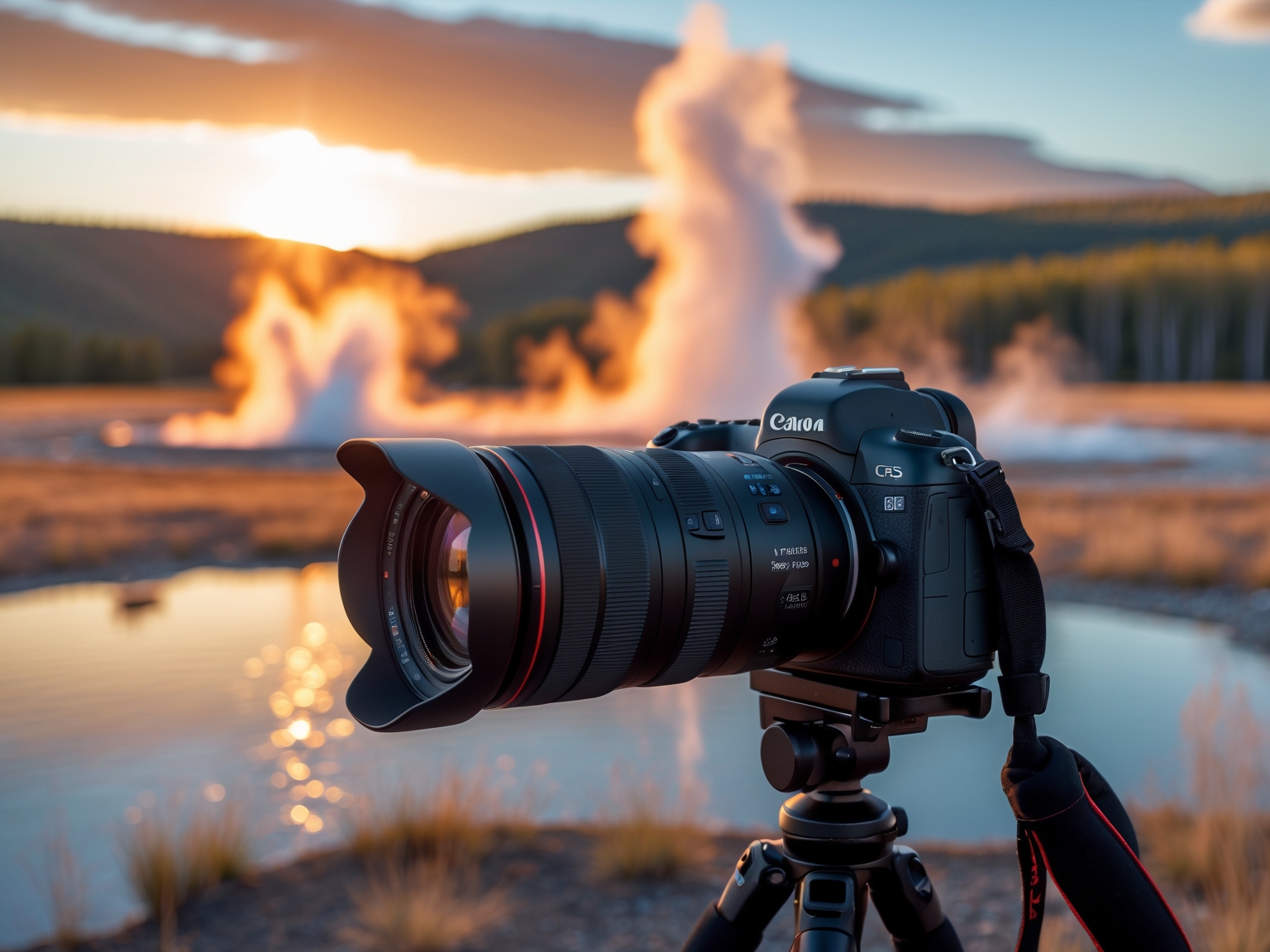Embracing Eco-Tourism in National Parks: A Journey of Discovery and Responsibility
Have you ever been enveloped by nature’s raw beauty, feeling both insignificant and infinitely connected to the world around you? This is the magic of exploring national parks responsibly, a passion I’ve nurtured on countless journeys across the globe. Let me take you on a trip through some of my favorite experiences—moments that not only humbled me but also taught me the profound impact of eco-tourism.
The Call of the Wild: My Introduction to Eco-Tourism
My journey into the world of responsible eco-tourism began almost a decade ago, on a crisp morning in the Yellowstone National Park, USA. A place teeming with geysers, vivid landscapes, and an astonishing array of wildlife, Yellowstone was my baptism into eco-conscious travel. As the dawn broke, painting the sky in hues of gold and orange, I stood there spellbound, knowing that my adventures would now be guided by an intention to preserve rather than just enjoy.
Walking the Eco-Tourism Path in National Parks
Personal Story: A Week in Yellowstone
During my week-long stay, each day unfolded like chapters in a novel—stories filled with lessons on preserving this precious landscape. I stayed at the charming Old Faithful Inn (3200 Old Faithful Inn Rd, Yellowstone National Park, WY 82190, USA; Phone: +1 307-344-7311; official site), a historic lodge that infuses sustainability into its operations. The rustic rooms, priced from $150 per night, beckoned with promises of comfort without compromising nature.
Recommendation One: The Guided Ranger Tour
Activity: Participating in a guided ranger tour isn’t just informative—it’s transformative. During my tour, Ranger Tom shared insights not found in guidebooks. Did you know that the thermal features in Yellowstone could be irreparably damaged by something as simple as a coin tossed in thoughtlessly? These tours, which you can book at the visitor center or online, cost around $15 per person and are worth every penny.
Recommendation Two: Biking the Zabriski Point Trails
On my third day, I rented a mountain bike from Canyon Mountain Bike Rentals (123 Canyon Rd, Mammoth, WY 82289, USA; Phone: +1 307-555-9823). While pedaling through the Zabriskie Point Trail, I experienced an exhilarating yet mindful connection to the land. The rental costs about $30 per day, and it’s an eco-friendly way to explore areas beyond the touristy hotspots.
Recommendation Three: Dining with a Conscious Heart
For dinners, the Mammoth Hotel Dining Room (1 Grand Loop Rd, Yellowstone National Park, WY 82190, USA; Phone: +1 307-344-7311) offered a menu that celebrated local flavors and sustainable ingredients. Their trout dish, sourced responsibly from nearby streams, was a culinary highlight. Dinner prices range from $20-$40 depending on your choice.
Practical Mini-Guides and Checklists for Beginners
Before Your Trip:
- Research park regulations and eco-tourism best practices specific to your destination.
- Invest in reusable water bottles and eco-friendly toiletries.
During Your Trip:
- Stay on marked trails to prevent erosion and protect flora.
- Carry out all your trash and respect wildlife by observing from a distance.
After Your Trip:
- Share your experiences to promote awareness of eco-tourism.
- Plan your future travels with sustainability as a priority.
Risks and Mistakes to Avoid
In my travels, I learned a few lessons the hard way. Once, my enthusiasm got the better of me, and I strayed from a marked path, causing unwarranted stress on delicate vegetation. It’s crucial to remain disciplined in staying on trails, regardless of temptations.
Moreover, beware of misleading tour operators who use the ‘eco-tourism’ label without proper practices. Verify credentials and reviews before booking. For safety, familiarize yourself with park emergency contacts and avoid feeding or approaching wildlife, as that can put both you and the animals at risk.
Cultural Tips, Visa Info, Health Advice
Cultural sensitivity is vital, especially when parks are located on or near indigenous lands. Educate yourself on local customs, support native-run establishments, and show respect for cultural heritage sites.
Regarding visas, always check entry requirements specific to your nationality. For in-park travel, I recommend carrying a basic first-aid kit and any personal medications, ensuring you’re well-equipped for minor injuries or ailments.
The Conclusion: An Invitation to Explore Responsibly
Exploring national parks responsibly is a commitment to sustainability, biodiversity, and cultural appreciation. Above all, it’s an invitation to connect with nature in the most genuine way. As you venture into these stunning landscapes, remember that your presence is a privilege—not a right. My adventures in national parks have been humbling and enlightening, and it’s my heartfelt wish that they inspire you to embark on your own eco-conscious journey.
Whether you’re savoring a locally sourced meal, learning from a park ranger, or simply soaking in the serenity of a mountain vista, eco-tourism invites you to interact with nature—and be transformed by it.
Happy trails!











